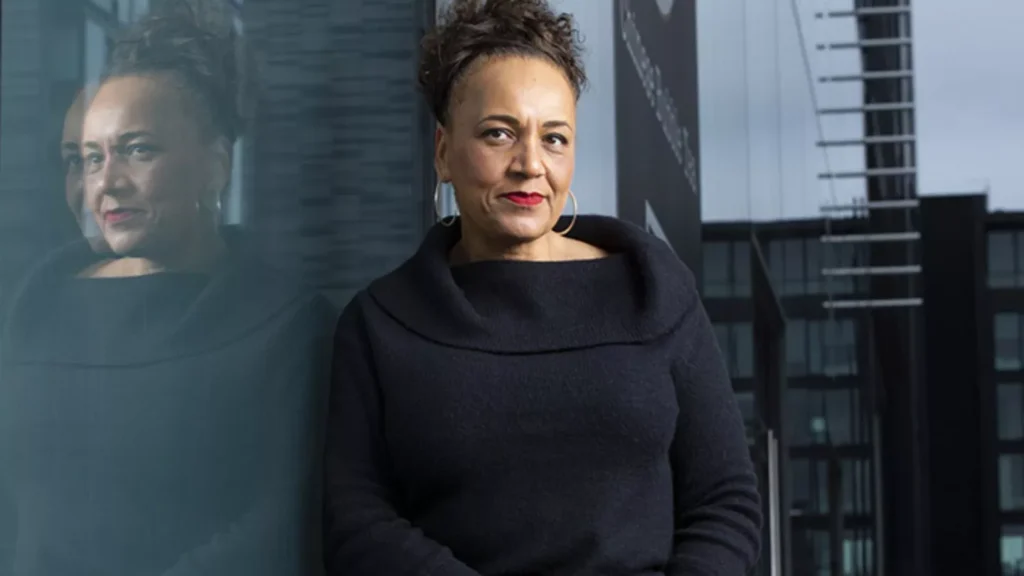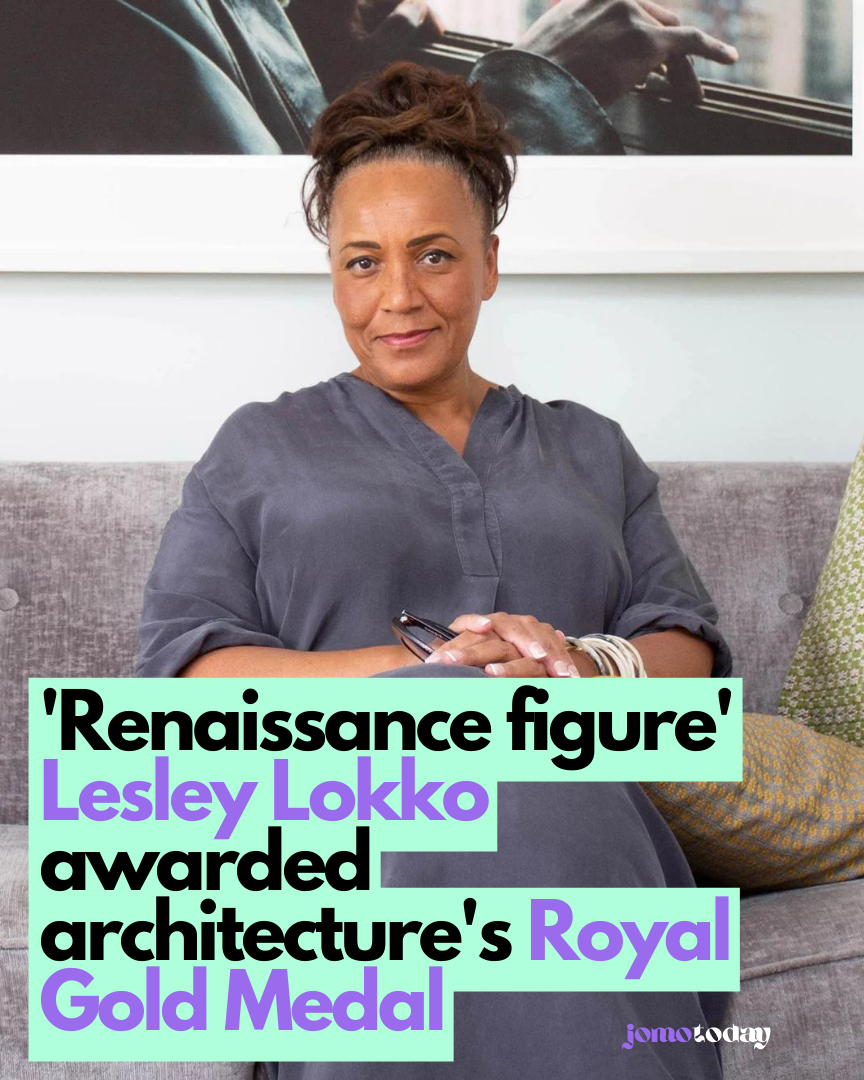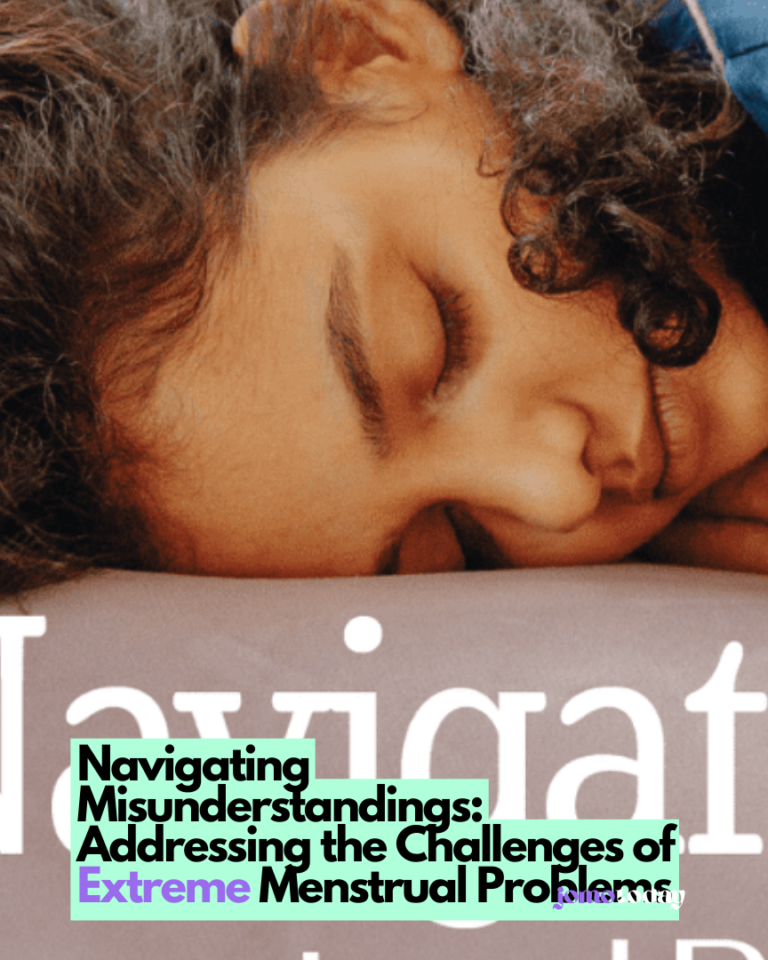Lesley Lokko, a Ghanaian-Scottish architect and educator, has been honored with the Royal Gold Medal for Architecture, recognizing her as a Renaissance figure in the field.

Ghanaian-Scottish architect and educator Lesley Lokko receives the Royal Gold Medal for Architecture.
Each year, the Royal Institute of British Architects (RIBA) awards the prestigious Royal Gold Medal, an honor approved by the monarch. In the recent New Year Honours list by King Charles, Ghanaian-Scottish architect Lesley Lokko received this esteemed recognition, alongside being made an Officer of the Order of the British Empire (OBE). King Charles, known for his keen interest in architecture, acknowledged Lokko’s significant contributions.
Lokko, aged 60, has gained recognition not for monumental architectural projects but for her impactful role as an architecture teacher and academic at various global institutions. Her focus on Africa and the “Global South” garnered praise from RIBA. Over the past two decades, Lokko has been a tireless advocate for diversity in architecture, actively working to bring people of color and other underrepresented backgrounds into the field.
Upon learning about the Royal Gold Medal, Lokko expressed that the news felt like “a slightly out-of-body experience.”
“It was beyond anything I had ever envisioned happening to me,” she expressed. “The initial person I wished to share this with was my late father. It’s a mixture of emotions—bittersweet, yet an astonishing moment of affirmation.”
Lokko shared these sentiments following the presentation of her OBE by the Princess Royal at the Palace of Holyroodhouse in Edinburgh on Wednesday.
The King issued a letter formally endorsing Lokko for the Royal Gold Medal and extending an invitation for her to attend Buckingham Palace.
Lokko, a native of Dundee, first encountered him during her adolescence in Ghana at a polo match. Despite engaging in challenging conversations and addressing intricate issues surrounding race and decolonization, she expressed a sense of ease when interacting with royalty.
She emphasized the significance of effecting change from within institutions. Lokko believes that being part of such establishments is crucial to challenging and transforming them. Reflecting on the past, she noted the absence of people of color during events like OBE investitures 20 or 30 years ago, highlighting the substantial shift in representation today.
Lokko stressed the importance of undoing the historical legacy of subjugation through representation. Participating in events like OBE investitures holds special meaning for her, as it signifies personal achievement and contributes to the broader representation of people of color. She sees these moments as opportunities to not only stand for oneself but also for family and community.
In her view, being present on such stages is a vital step in dismantling the historical patterns of subjugation and promoting inclusivity.
Last year, Lokko made history as the first woman of African descent to curate the Venice Biennale’s architecture event, where her focus centered on the themes of decarbonization and decolonization.
In 2021, she established the African Futures Institute in Accra, Ghana, with the aim of delving deeper into the intricate relationships among architecture, identity, and race.
Reflecting on her entry into the field of architecture roughly three decades ago, Lokko recalled that in a class of nearly 100, only two individuals were of color, and there were merely six women, including herself.
“My initial impression was that there weren’t many people like me here, and I questioned whether I had the right to be present. So, for me, diversity isn’t just about numbers or policies; it encompasses the narratives, stories, experiences, and perspectives that individuals from diverse backgrounds can bring to the field of architecture.”
Lokko, renowned for her achievements as a best-selling novelist, has been lauded by Riba as a “renaissance figure,” with Muyiwa Oki, the organization’s president, hailing her as “a visionary agent of change.” Recognized for her unwavering advocacy for equity and inclusion across various facets of life, Lesley Lokko’s innovative approach to architectural education is viewed as a beacon of hope for the future. Oki emphasized her commitment to a profession that embraces individuals from diverse backgrounds, addresses environmental concerns, and appreciates a wide array of cultures and perspectives. The prestigious Royal Gold Medal, to be officially presented to Lokko in London in May, acknowledges her substantial impact on the advancement of architecture.
Notably, Pakistan’s first female architect Yasmeen Lari received this honor last year, joining a distinguished list of past recipients that includes luminaries such as Dame Zaha Hadid, Sir Norman Foster, Frank Gehry, Frank Lloyd Wright, and Sir George Gilbert Scott. Established in 1848, the Royal Gold Medal is bestowed upon individuals or groups who have made significant contributions to the progression of architecture.
Read More: S4C chairman Rhodri Williams doesn’t want second term






Leave a Comment